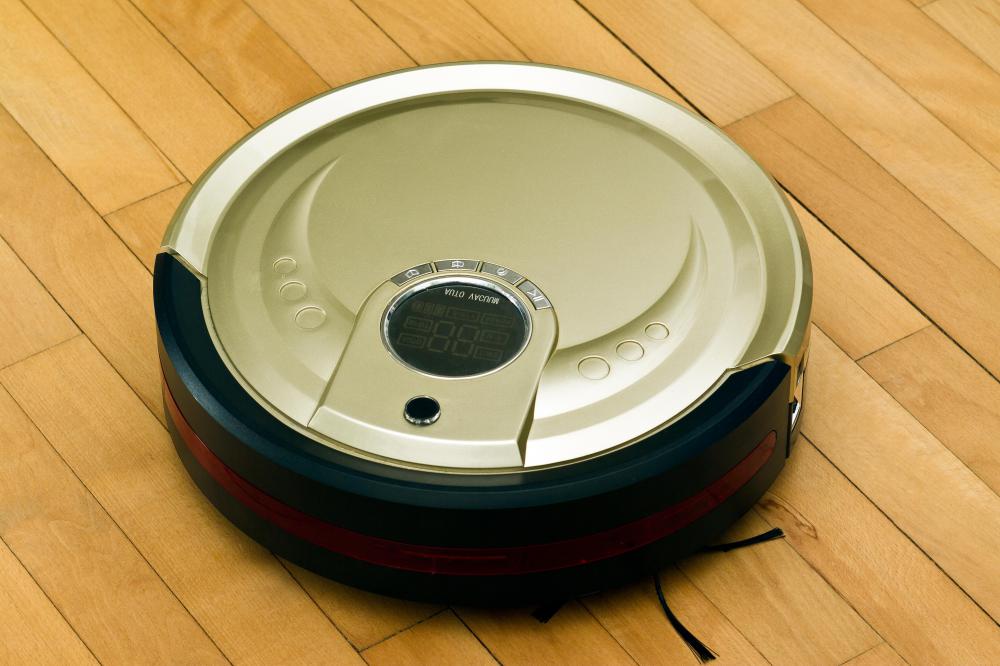At EasyTechJunkie, we're committed to delivering accurate, trustworthy information. Our expert-authored content is rigorously fact-checked and sourced from credible authorities. Discover how we uphold the highest standards in providing you with reliable knowledge.
What are Robot Rights?
Robot rights is a somewhat speculative and futuristic emerging area of ethical and philosophical consideration, concerning whether or not legal or moral rights should ever be granted to robots or artificial intelligences. Though most robots today are relatively simple creations, such as the Roomba® vacuum cleaning robot, there are more advanced robots, such as Honda's Asimo, which nevertheless fall short of being lifelike. However, this is unlikely to remain the case forever, as robots and their programming are getting increasingly sophisticated over time. It could be 20 years, or it could be 200 years, but humanity will eventually come face-to-face with lifelike, possibly conscious robots. The concept of robot rights is linked to the ethics and philosophy of artificial intelligence.
Whether or not lifelike robots are created in the near future, the concept of robot rights is interesting both as a fictional device and an avenue of philosophical exploration. For instance, it causes us to question whether human rights derive from our status as members of the biological species Homo sapiens, or whether they derive from deeper qualities, such as our status as conscious beings. If the latter, then robots that claim to be conscious may indeed be worthy of being granted certain robot rights on par with human rights.

Yet robot rights should not be viewed as a simplistic mirror of human rights. For example, it might become possible for programmers to create robots that enjoy doing things humans dislike, for instance deep mining. Would it be unethical to create such robots, even if they appreciate what they do just as much as a human being doing a job they love? Asking such questions helps us realize the highly subjective nature of what is considered "good" and how it could in principle be reprogrammed. If humans are merely "programmed" by nature to approve of certain things, how can we be sure that these things would be considered good by beings with other moral frames of reference? An intelligent species that evolved from dung beetles might find great enjoyment in huge piles of dung.

Another question linked to robot rights is the concept of the rights of simulated entities. If intelligent beings can be simulated in a computer with a great degree of precision, might these beings actually become conscious entities worthy of innate rights? Until such a simulation is created and a being within claims to be conscious, such consideration may strike us as hypothetical, but there are already philosophers doing work analyzing the question. Such work will only gain in legitimacy as our software and hardware become increasingly complex, organic, and self-evolving.
AS FEATURED ON:
AS FEATURED ON:














Discussion Comments
Thanks. Good one.
Thing rights?
Post your comments